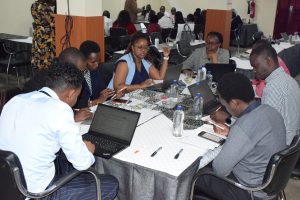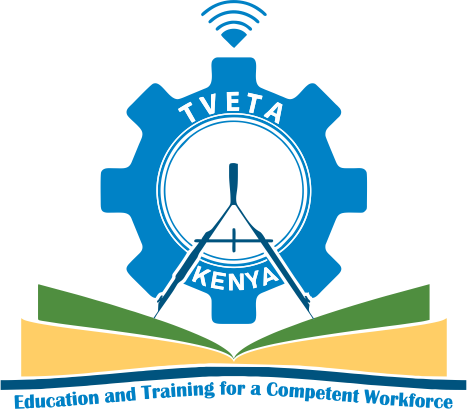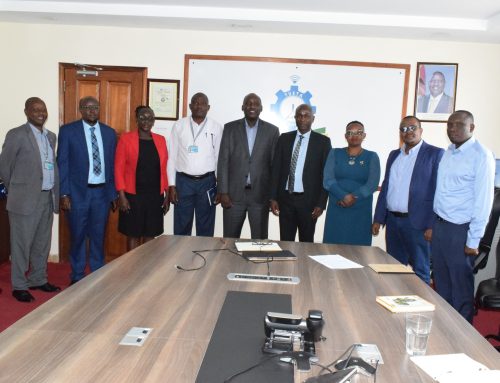The stakeholders’ validation workshop on the draft Digital Learning Content Development Standard and Guidelines entered its second day today in Machakos.

Participants were divided into four thematic groups—Instructional Design, Technical and End User Quality Assurance, Accessibility and Inclusivity, and Ethical Considerations—tasked with refining the draft before presenting their recommendations in plenary for further discussion and consensus-building.
Convened by the TVET Authority (TVETA) with support from the International Labour Organization (ILO), the workshop has brought together a wide range of stakeholders, including the Ministry of ICT and other line ministries, State Department of TVET, Kenya National Commission for UNESCO, Commission for University Education, Kenya School of Government, Kenya Bureau of Standards (KEBS), ICT Authority, Kenya School of TVET, The Red Cross national polytechnics, public and private technical vocational colleges, TVET directorates in universities, and entrepreneurs in digital content creation.
On the first day, officers from TVETA’s Standards Development Department guided participants through the process of standards formulation and the requirements necessary for developing robust and responsive guidelines. They also provided an overview of the draft standards, setting the stage for in-depth engagement.

Addressing the participants, TVETA’s Ag. Director of Standards Development, Dr. Paul Wanyeki, underscored the importance of developing a framework that is not only relevant to the present but also adaptable to future technological shifts. “We must seize this opportunity to create a document that is practical, forward-looking, and resilient. These standards should stand the test of time and anchor digital learning content on a strong foundation that can support both today’s learners and tomorrow’s innovators,” he emphasized.
The standard aim to promote access to quality, inclusive and relevant TVET.


